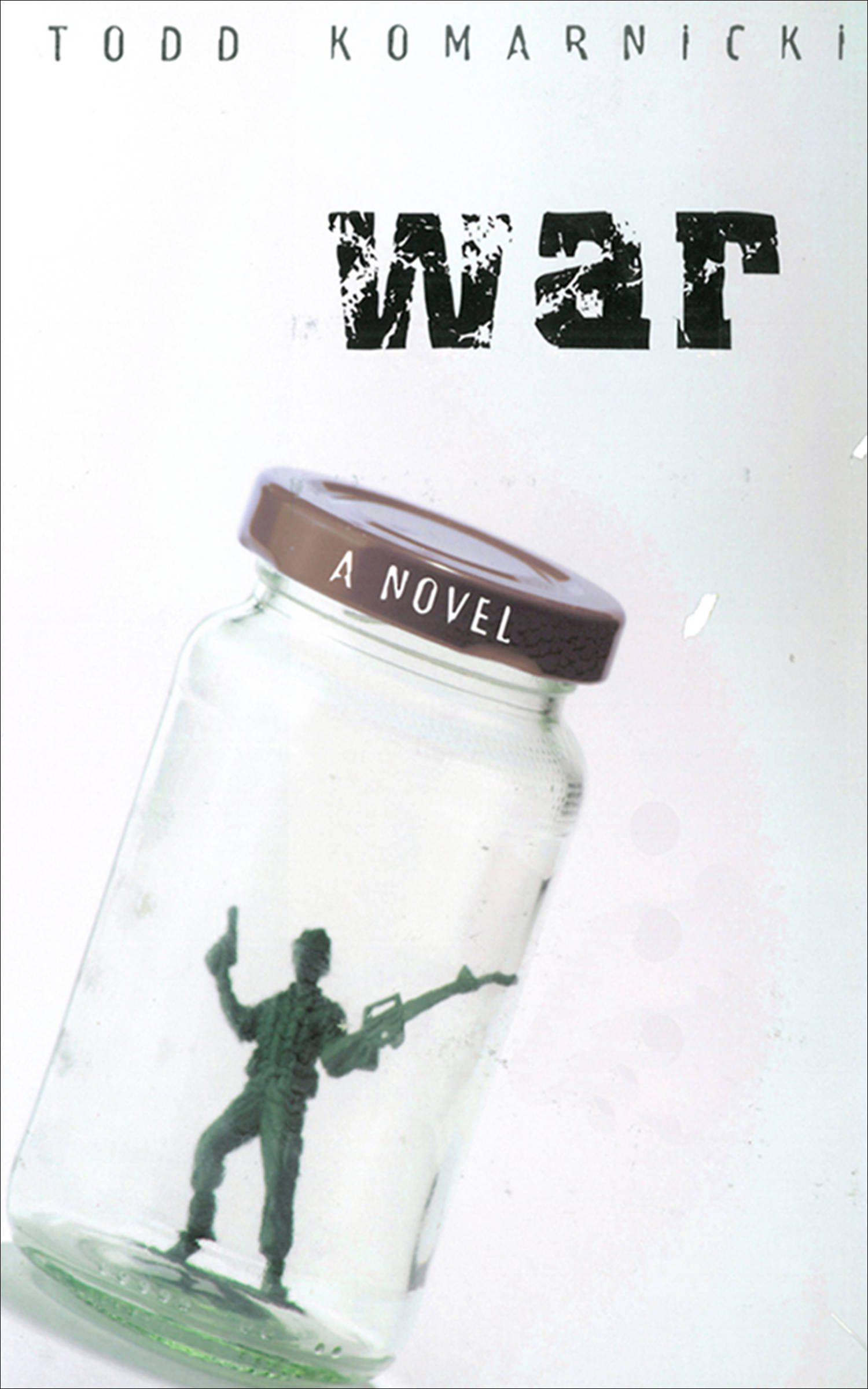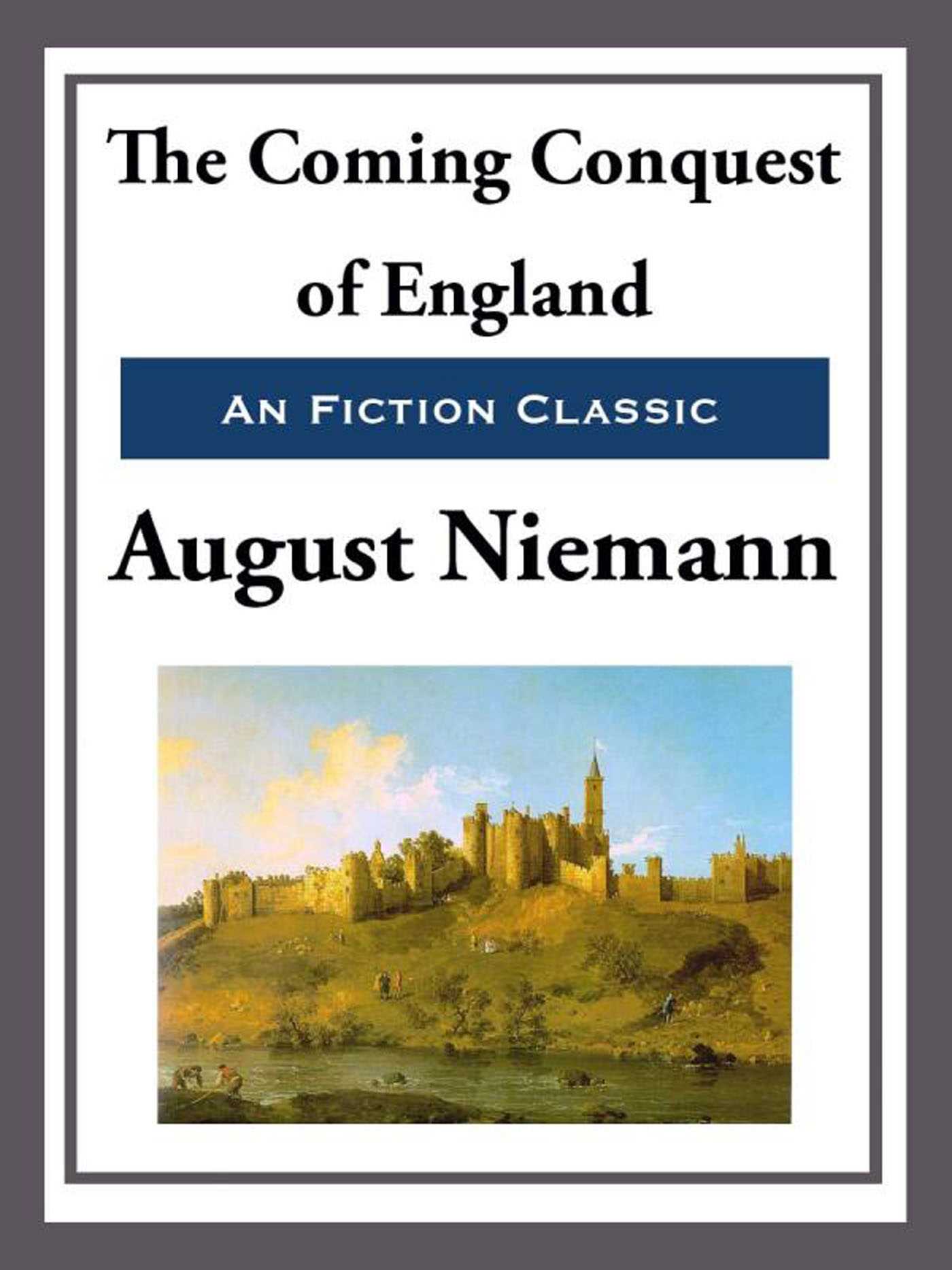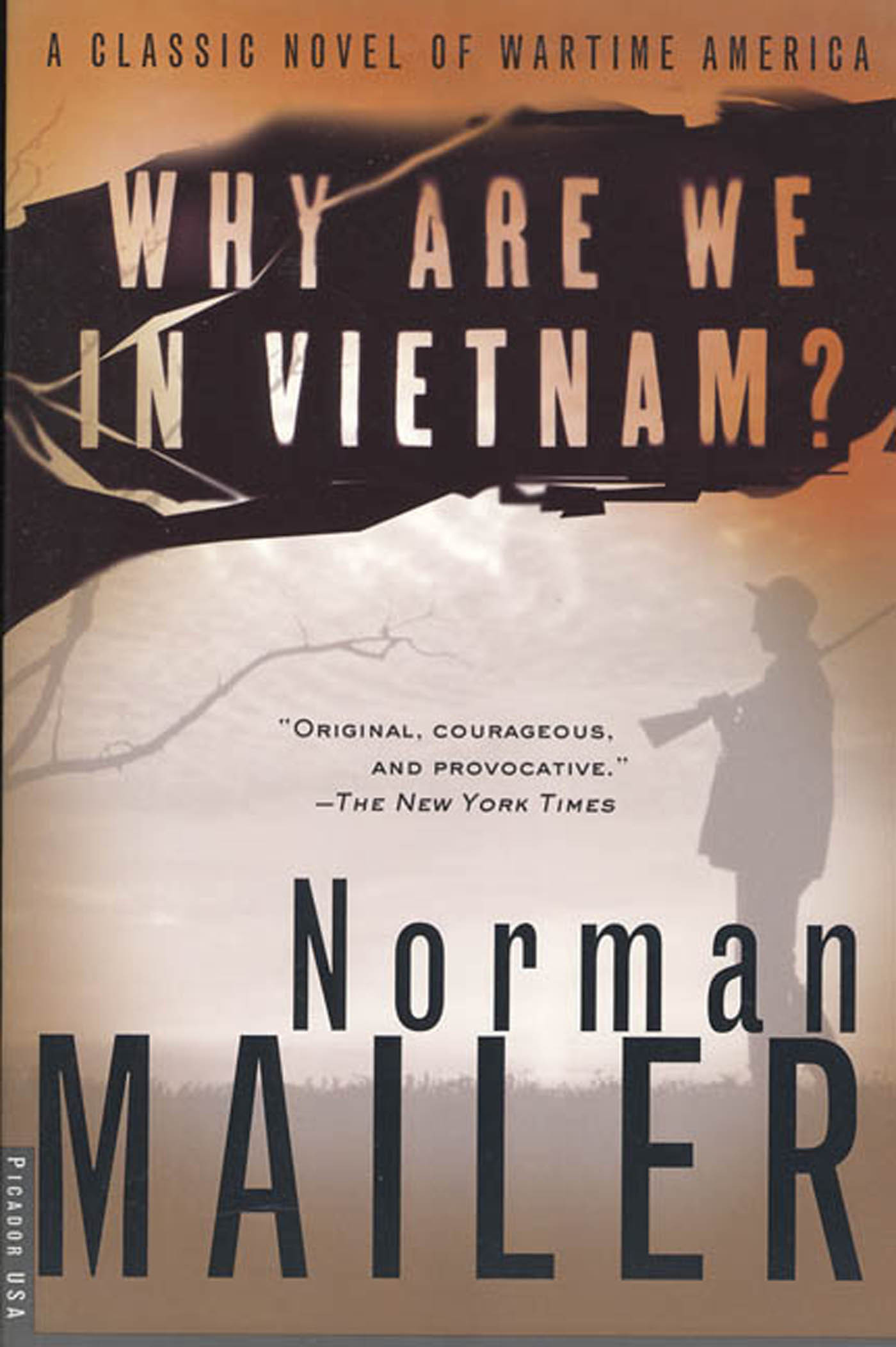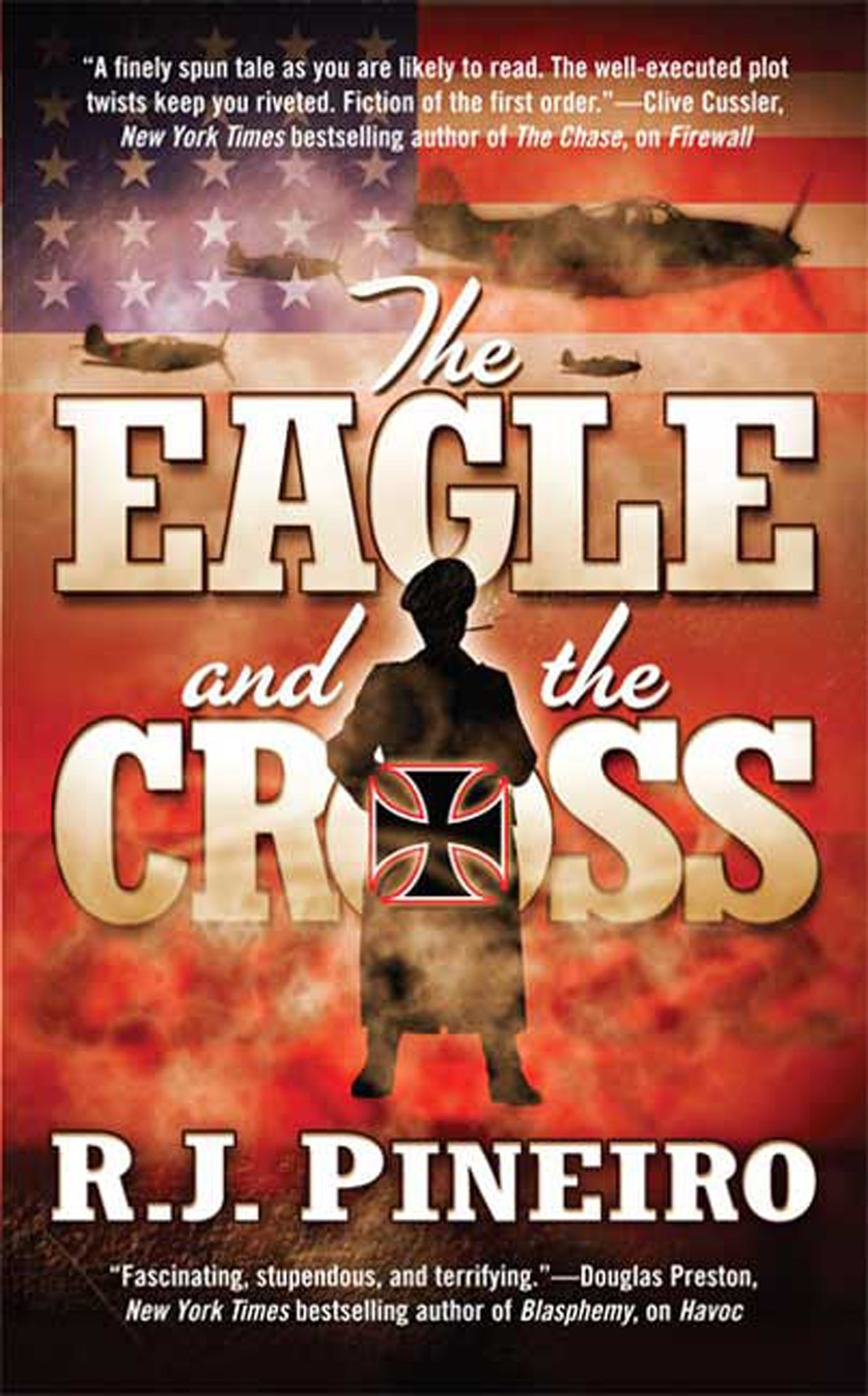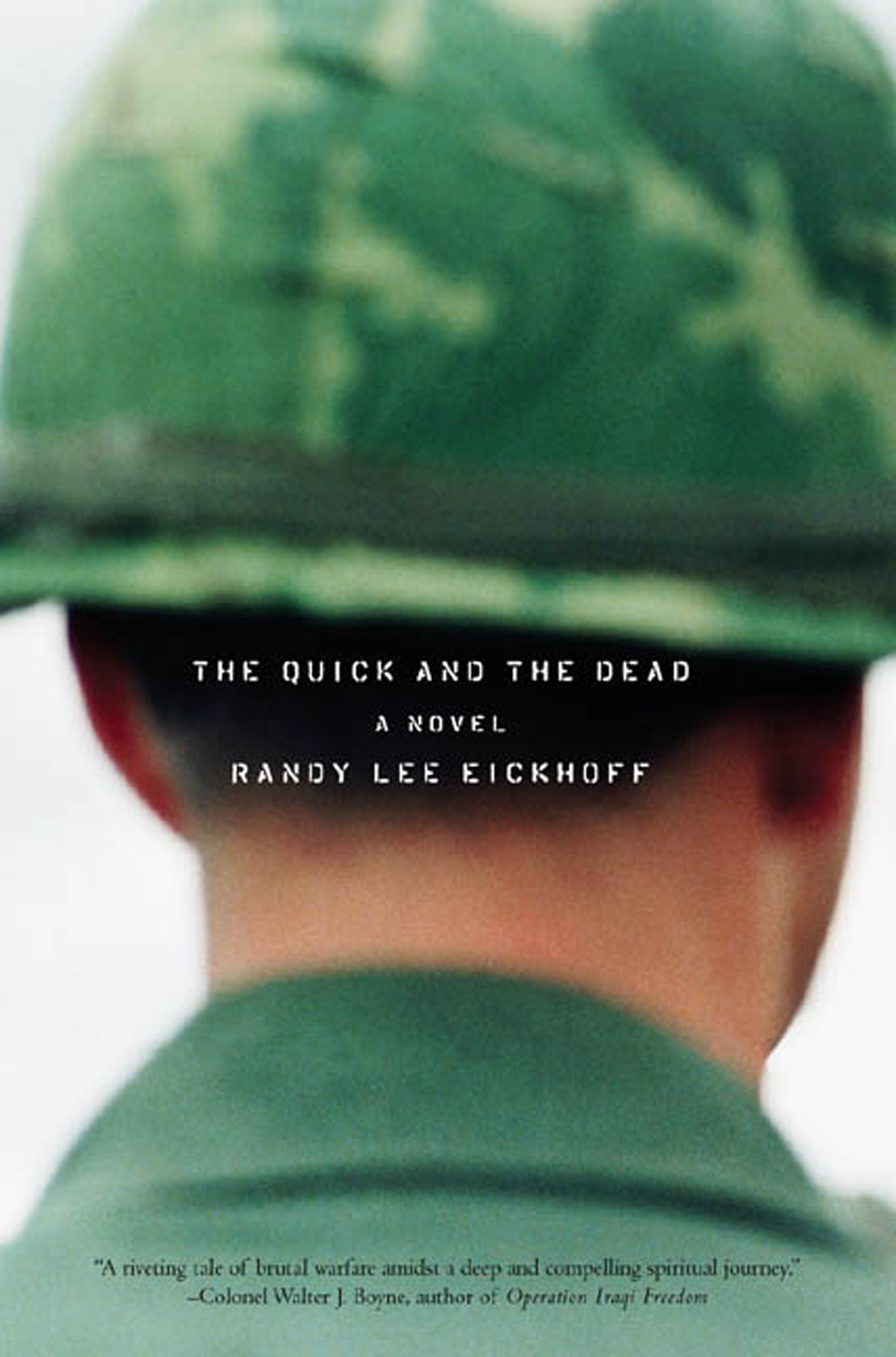War
A provocative, experimental novel of the horrors of war, this screenwriter turned novelist’s “taut prose is . . . vivid and seductive” (Kirkus Reviews).
Bombs and booze. Bullets and betrayals. An unending war game that will teach him and his fellow soldiers to kill or be killed. This is all our nameless narrator knows as the novel opens in a hollowed-out hotel somewhere in a war-torn world. With no clear mission, the days pass in an alcoholic haze studded with violent training runs that go nowhere, and the very real threat of forgetting who they are, and who they were. This is combat, and the author’s deft handling of the narrator’s memories make it clear that the human mind can be just as dangerous as any battle zone—and war has only one lesson to teach. In sharp and cinematic prose, in his third novel the author creates a stirring reflection on the human condition, and the story’s “ambiguities . . . become its greatest strengths” (Kirkus Reviews).
Bombs and booze. Bullets and betrayals. An unending war game that will teach him and his fellow soldiers to kill or be killed. This is all our nameless narrator knows as the novel opens in a hollowed-out hotel somewhere in a war-torn world. With no clear mission, the days pass in an alcoholic haze studded with violent training runs that go nowhere, and the very real threat of forgetting who they are, and who they were. This is combat, and the author’s deft handling of the narrator’s memories make it clear that the human mind can be just as dangerous as any battle zone—and war has only one lesson to teach. In sharp and cinematic prose, in his third novel the author creates a stirring reflection on the human condition, and the story’s “ambiguities . . . become its greatest strengths” (Kirkus Reviews).
Related
